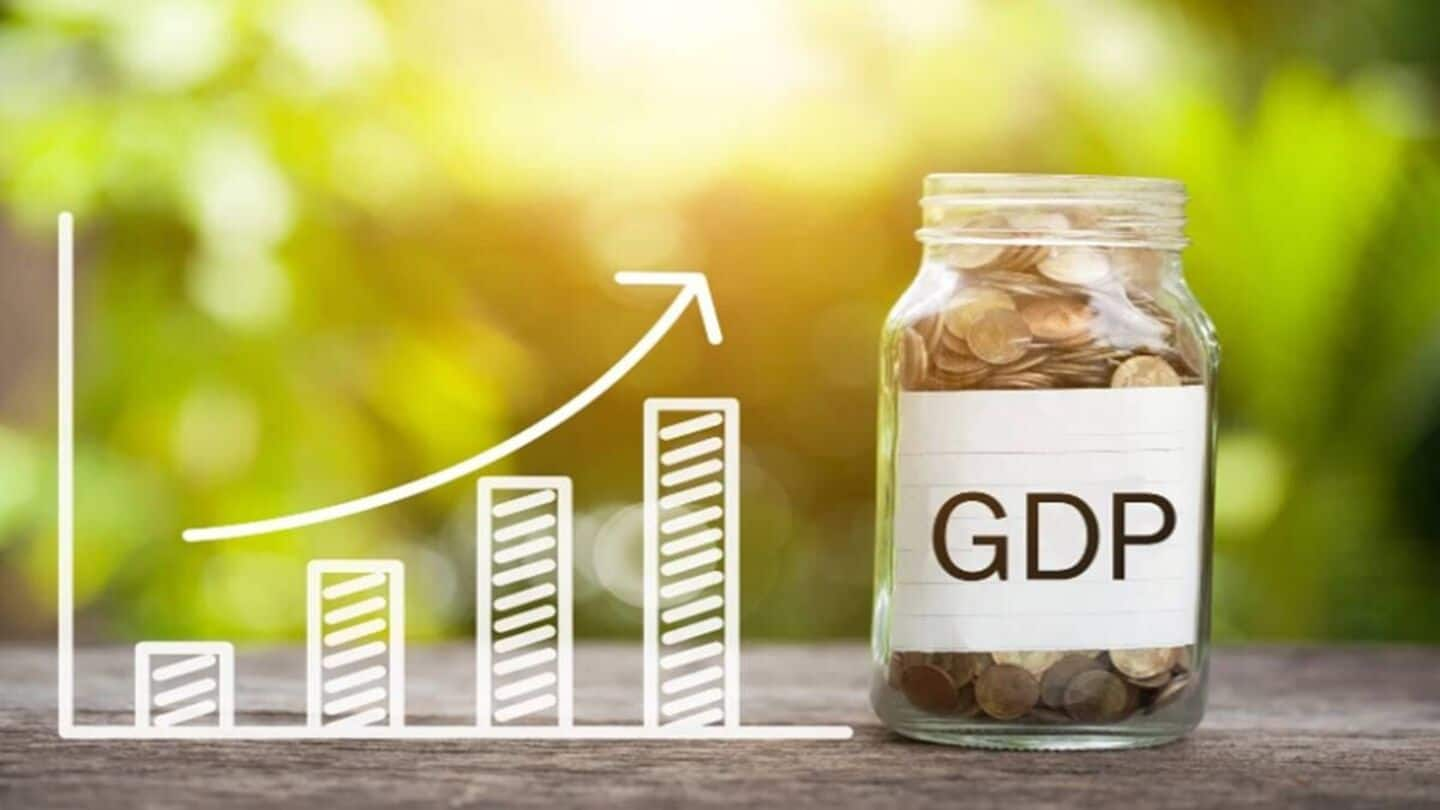
India's Q2 GDP growth estimated at 7-7.5%: Finance Ministry
What's the story
Indian economy is likely to have expanded by 7-7.5% in the July-September quarter (Q2) of FY26, a Finance Ministry report said on Thursday. The official growth data will be released by the Statistics Ministry on Friday. "Various independent economic assessments place real GDP growth for Q2 FY26 in the range of 7.0-7.5%, indicating continued strength in underlying economic activity," the Finance Ministry's Monthly Economic Review (MER) said.
Stability
Economic indicators point to stable footing
The MER was prepared by the Economic Affairs Department of the Finance Ministry. "Overall, the economy enters the second half of FY26 on a stable footing, anchored by well-contained inflation, resilient domestic demand and supportive policy dynamics, even as global uncertainties warrant continued vigilance," the report said. It also highlighted that corporate performance remains healthy with sustained profitability and stable balance sheets.
GST impact
GST rationalization impacts consumption indicators
The MER noted that the favorable impact of GST rationalization is increasingly visible in consumption indicators. It also emphasized robust agricultural activity, as seen in the strong onset of Rabi sowing and adequate reservoir levels. This has strengthened the outlook for food supply and rural incomes. Domestic financial markets continue to draw strength from firm institutional participation, further bolstering economic stability.
Inflation
Inflation rate drops to historic low
The Consumer Price Index (CPI)-based inflation rate fell to a record low of 0.25% in October, owing to the transmission of GST cuts, a favorable base effect, and sharp declines in food prices. The MER said that "the inflation outlook remains encouraging, supported by softening global commodity prices, benign energy markets, and targeted domestic supply interventions." However, it also warned that risks warrant continued vigilance.